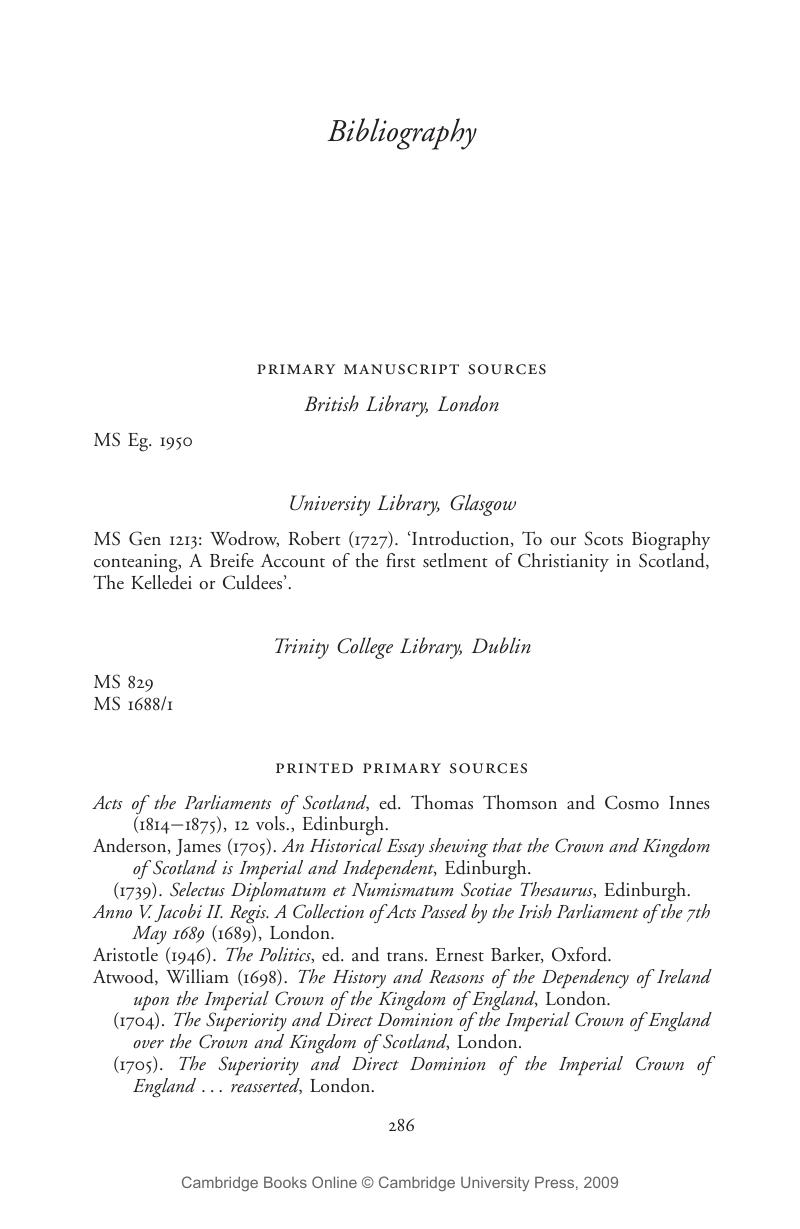Book contents
- Frontmatter
- Contents
- Acknowledgements
- Notes on Contributors
- Introduction
- 1 The History of British Political Thought: a Field and its Futures
- PART I BRITISH POLITICAL THOUGHT AND HISTORY
- PART II BRITISH POLITICAL THOUGHT AND LITERATURE
- PART III BRITISH POLITICAL THOUGHT AND POLITICAL THEORY
- Afterword
- Bibliography
- Index
- References
Bibliography
Published online by Cambridge University Press: 22 September 2009
- Frontmatter
- Contents
- Acknowledgements
- Notes on Contributors
- Introduction
- 1 The History of British Political Thought: a Field and its Futures
- PART I BRITISH POLITICAL THOUGHT AND HISTORY
- PART II BRITISH POLITICAL THOUGHT AND LITERATURE
- PART III BRITISH POLITICAL THOUGHT AND POLITICAL THEORY
- Afterword
- Bibliography
- Index
- References
Summary

- Type
- Chapter
- Information
- Publisher: Cambridge University PressPrint publication year: 2006



